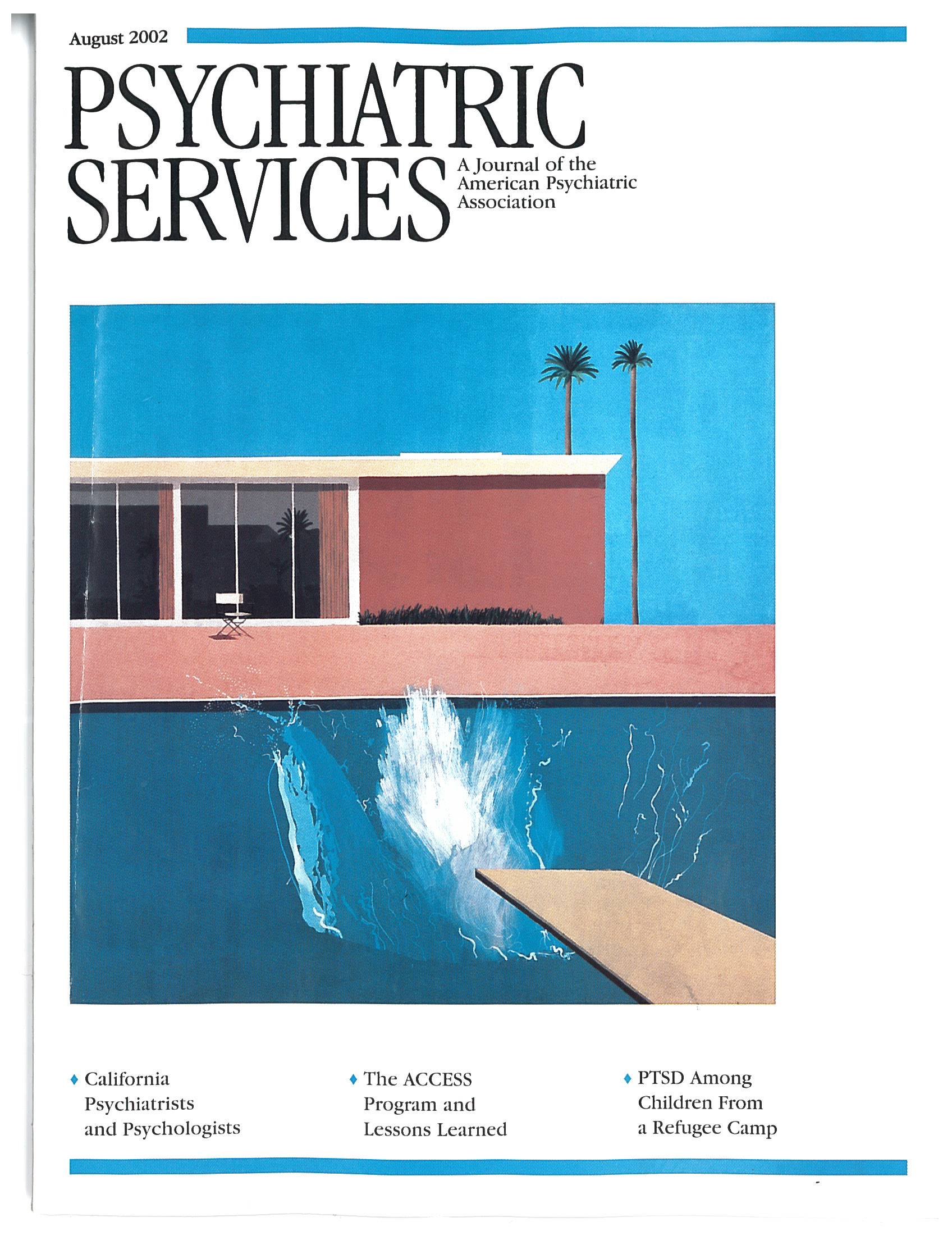This book boldly addresses the societal plight of persons with mild cognitive limitations. Begun in 1999 as The Forgotten Generation: A Report to the President, this volume contains the final revisions of the papers that first appeared in that report. Its focus is on the plight of all persons who require supports, not just those who meet diagnostic criteria for mild mental retardation. This group includes people who have lower than average learning, communication, judgment, or understanding abilities, and thus includes people who as children were learning disabled or emotionally disturbed and are now grown up.
The book is largely directed to those responsible for planning human services delivery systems. Its analysis of the many barriers in service models can benefit college students and faculty in sociology, education, social work, law, and public health. Legislators and their aides could glean much useful information. Any advocacy group can use chapters from the book to bolster their arguments and supplement their data. However, because the book focuses on systems, it would not be useful to the average clinician.
Chapters address community supports, outcome studies, employment, parenting, access to health care, spirituality, citizenship, the criminal justice system, and mental health.
There is very little linkage among service systems, and little advocacy or outreach for the cognitively disabled, which leaves them marginalized in society and overrepresented among the poor, the unemployed, the incarcerated, and those who are charged with child abuse.
The broad net of cognitive limitation sweeps in many persons struggling to survive in a society increasingly ruled by technology and information services. The mildly cognitively impaired are unlikely to advocate for accessible services or to locate currently available services. They are a constituency with few natural advocates. Their efforts to blend in, especially after being labeled in school systems as deficient, often leads case managers in human services fields to miss or minimize their needs for supports. (As a forensic psychiatrist, I have seen this subtle factor lead prosecutors to assume a higher level of criminal intent than the retarded individual actually had.) Deficits in the use of written or spoken language recurrently pose enormous barriers to gaining access to service systems; for example, to fill out the 11-page MediCal application requires 14 years of education.
A weakness of the dual diagnosis section is the lack of medical and biological information on the etiology of mental illness. Instead, the causes are cited as "negative contingencies…negative environments…and unusual motivation." This chapter is unacceptably sparse after the Decade of the Brain.
The spirituality section is well written and inspirational. Congregations need to appreciate the role a spiritual community offers to the cognitively limited—namely, inclusion—and initiate outreach efforts.
Overall, this book is a useful compendium of aggregated data on the status of cognitively disabled people over time and across multiple domains.

